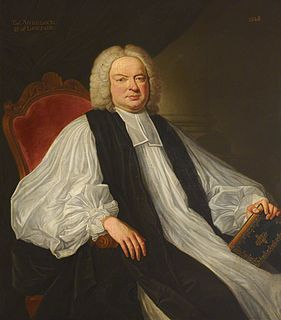A Quote by Shane Claiborne
The Eucharist is a symbol of that as you have bread, the staple food of the poor, and wine, a luxury of the rich, which are brought together at the table.
Related Quotes
The Eucharist is not only a particularly intense expression of the reality of the Church's life, but also in a sense its fountainhead. The Eucharist feeds and forms the Church: 'Because there is one bread, we who are many are one body, for we all partake of the one bread' (1 Cor 10:17, RSV). Because of this vital link with the sacrament of the Body and Blood of the Lord, the mystery of the Church is savored, proclaimed, and lived supremely in the Eucharist.
My husband is Dutch, and his family, when you sat down to eat food at the table, you never left the table until you ate living bread and drank living water. They never left the table until they'd read Scripture together. So morning, lunch, suppertime, Scripture was always read at the table, and then there was prayer to close.
There is not such a mighty difference as some men imagine between the poor and the rich; in pomp, show, and opinion, there is a great deal, but little as to the pleasures and satisfactions of life. They enjoy the same earth and air and heavens; hunger and thirst make the poor man's meat and drink as pleasant and relishing as all the varieties which cover the rich man's table; and the labor of a poor man is more healthful, and many times more pleasant, too, than the ease and softness of the rich.
Jesus himself, and most of the message of the Gospels, is a message of service to the poor, a critique of the rich and the powerful, and a pacifist doctrine. And it remained that way, that's what Christianity was up... until Constantine. :Constantine shifted it so the cross, which was the symbol of persecution of somebody working for the poor, was put on the shield of the Roman Empire. It became the symbol for violence and oppression, and that's pretty much what the church has been until the present.




































